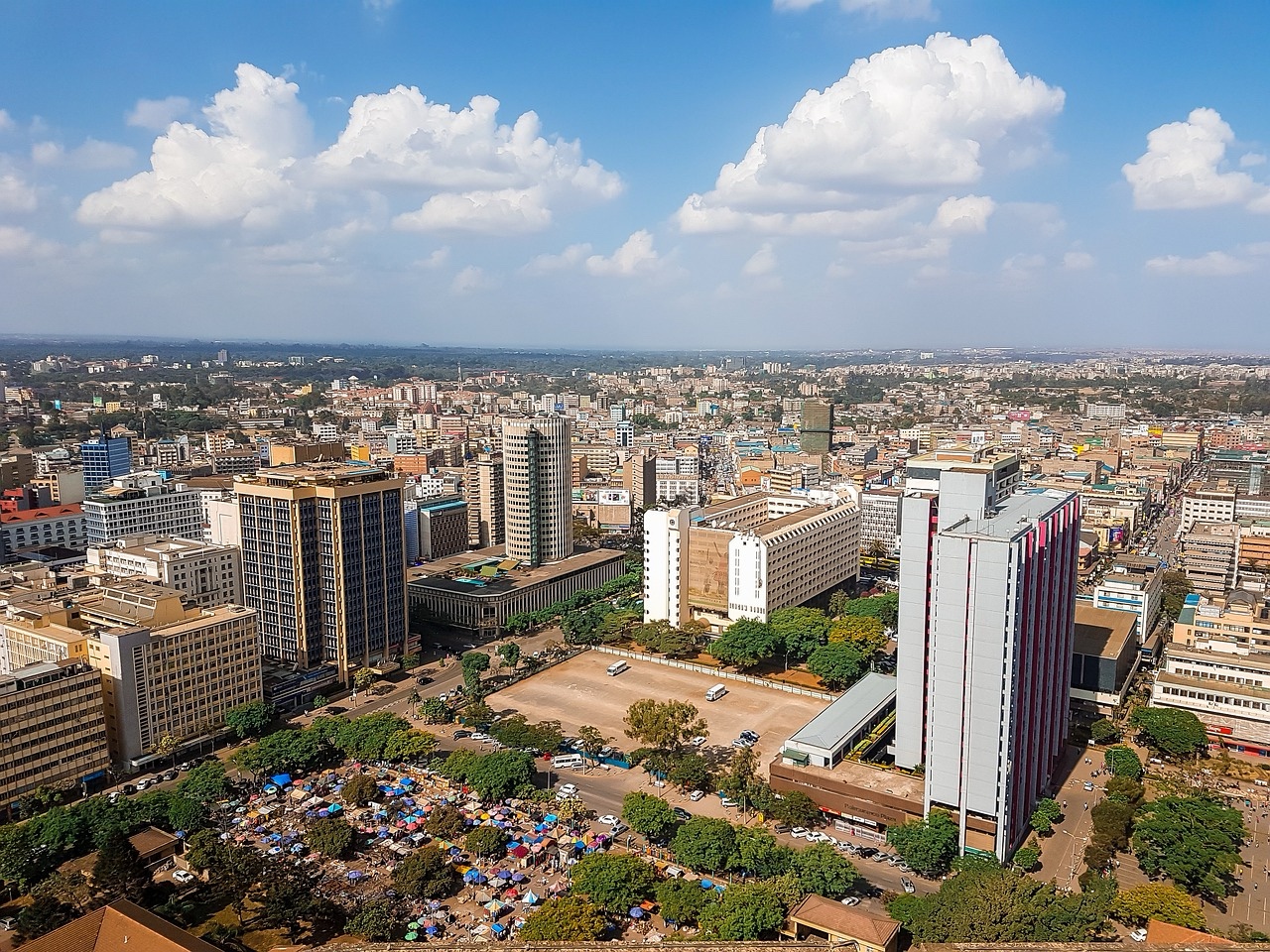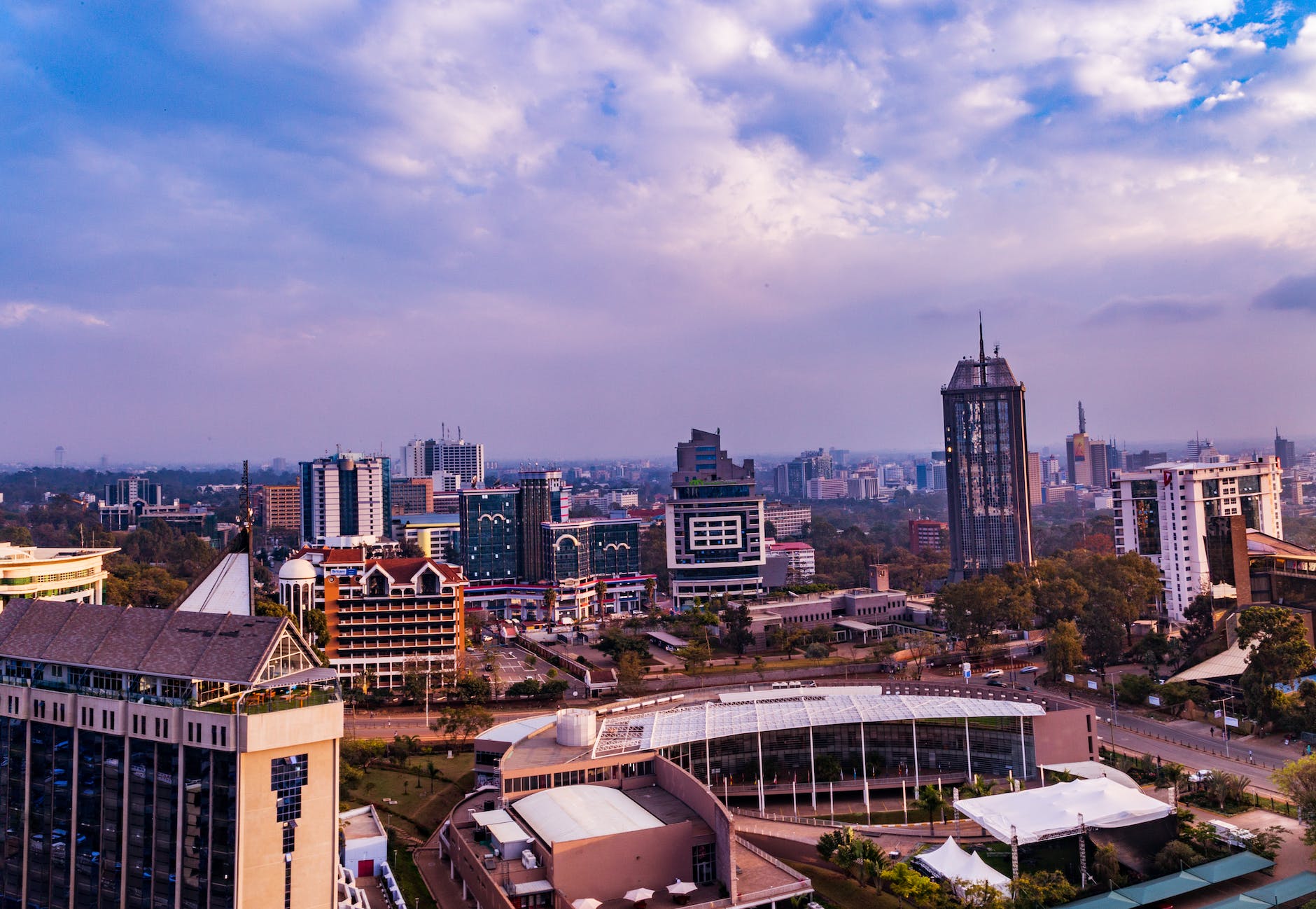Africa is a continent blessed with vast amounts of arable land and abundant natural resources. Yet, despite its potential for agricultural production, many African countries continue to heavily rely on food imports. This article explores the reasons behind this paradox, highlighting the lack of investment in agriculture as the primary factor. It also discusses the trade imbalances created by this dependence and analyzes the challenges faced in agricultural development. Finally, potential solutions and success stories from African countries are examined, emphasizing the need for increased investments in agriculture.
Introduction
Agriculture plays a crucial role in the economic and social development of African countries. It provides employment opportunities, improves food security, and contributes to foreign exchange earnings. However, despite being endowed with favorable climatic and geographical conditions, many African nations struggle to meet their own food requirements.
Lack of Investment in Agriculture
One of the main reasons why African countries continue to import food is the limited investment in agricultural sectors. Governments often allocate inadequate funds for agriculture, prioritizing other sectors such as infrastructure or defense. Insufficient funding leads to a lack of resources for farmers, hampering their ability to increase productivity and agricultural output.
Moreover, the absence of proper infrastructure, including transportation networks, irrigation systems, and storage facilities, further exacerbates the challenges faced by the agricultural sector. Inadequate infrastructure prevents farmers from accessing markets efficiently, resulting in post-harvest losses and increased costs.
Additionally, farmers in many African countries struggle to access credit and loans, hindering their ability to invest in improved farming practices and technologies. The lack of financial support limits their capacity to purchase high-quality seeds, fertilizers, and machinery, which in turn hampers agricultural productivity.
Trade Imbalances
The heavy reliance on food imports in African countries creates trade imbalances that impact the economy. Importing a significant portion of food places a strain on foreign currency reserves, negatively affecting the balance of trade. This overreliance on imports can be detrimental in times of economic downturn or global supply disruptions, leading to food shortages and increased vulnerability.
Challenges in Agricultural Development
African countries face several challenges in developing their agricultural sectors. Climate variability, characterized by erratic rainfall patterns and prolonged droughts or floods, affects crop yields and livestock production. It poses a major obstacle to sustainable agricultural practices and necessitates adaptation strategies.
Furthermore, limited knowledge of modern farming techniques and outdated agricultural practices hinder productivity. Many farmers still rely on traditional methods passed down through generations, which are often inefficient and yield suboptimal results. Lack of access to training programs and agricultural extension services further exacerbates this issue.
Limited access to markets also limits the potential growth of agricultural production. Poor infrastructure, high transportation costs, and inadequate market information prevent farmers from effectively reaching consumers. This lack of market access prevents farmers from earning fair prices and hampers economic growth in rural areas.
Potential Solutions
To overcome these challenges, African countries need to prioritize and invest in agriculture. Governments should allocate more funding to the agricultural sector, focusing on developing infrastructure and providing farmers with better access to credit and loans. Increased investment would enable farmers to adopt modern farming techniques, use high-quality inputs, and improve productivity.
Implementation of advanced technologies, such as precision agriculture and remote sensing, can significantly enhance agricultural productivity. Access to information and training about modern farming techniques should be provided to farmers to empower them with the knowledge required to optimize their farming practices.
Moreover, the development of agro-processing industries can add value to agricultural products and create employment opportunities. By transforming raw agricultural produce into finished products, countries can reduce post-harvest losses and increase the economic returns from agriculture.
Case Studies
Several African countries have taken positive steps towards enhancing their agricultural sectors and reducing their reliance on food imports. For instance, Ethiopia has implemented the Agricultural Transformation Agency (ATA), focusing on promoting modern farming practices and providing support to smallholder farmers. This initiative has led to increased productivity and reduced food imports.
Nigeria, another prominent African country, has established the Anchors Borrowers Program (ABP). This program provides credit facilities to small-scale farmers, enabling them to access financing for agricultural inputs and equipment. The ABP has contributed to increased domestic food production and decreased food imports.
Conclusion
African countries have the potential to satisfy their own food needs by investing in agriculture. However, the lack of investment, along with trade imbalances and various challenges, hampers their ability to achieve self-sufficiency. It is crucial for governments to prioritize agriculture, allocate sufficient funds, develop modern farming techniques, and improve market access. By doing so, African countries can unlock their agricultural potential, enhance food security, and contribute to economic development.
FAQs (Frequently Asked Questions)
- Q: Are African countries dependent on food imports?
- A: Yes, many African countries heavily rely on food imports to meet their basic food requirements.
- Q: What are the consequences of relying on food imports?
- A: Relying on food imports puts pressure on foreign currency reserves, creates trade imbalances, and increases vulnerability to supply disruptions.
- Q: Why do African countries lack investment in agriculture?
- A: Limited funding from governments, inadequate infrastructure, and restricted access to credit and loans contribute to the lack of investment in agriculture.
- Q: How can African countries overcome the challenges in agricultural development?
- A: Increased investment, adoption of modern farming techniques, and development of agro-processing industries are potential solutions to overcome challenges in agricultural development.
- Q: Are there any success stories of agricultural development in African countries?
- A: Yes, countries like Ethiopia and Nigeria have implemented successful initiatives, leading to increased agricultural productivity and reduced food imports.











